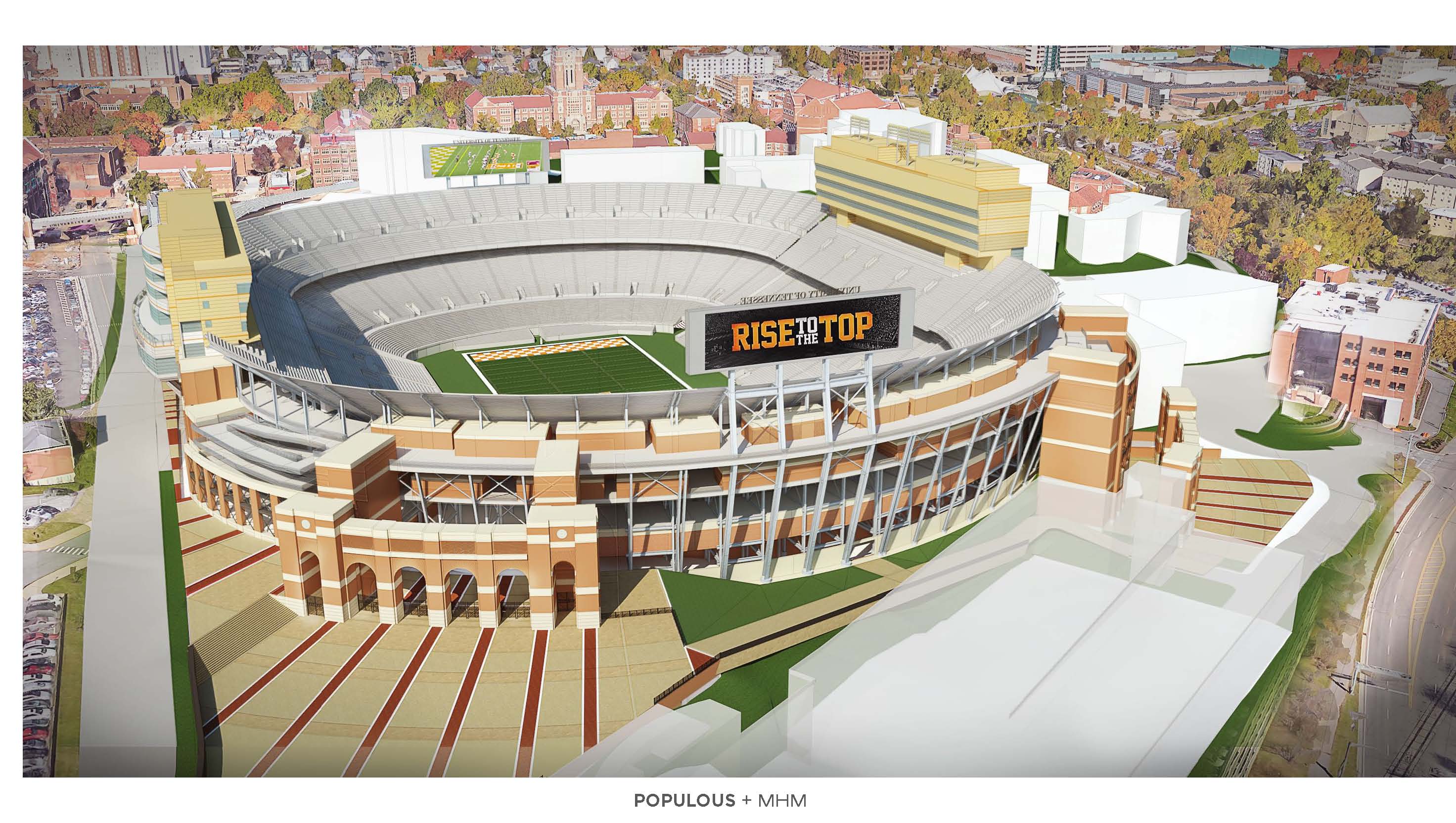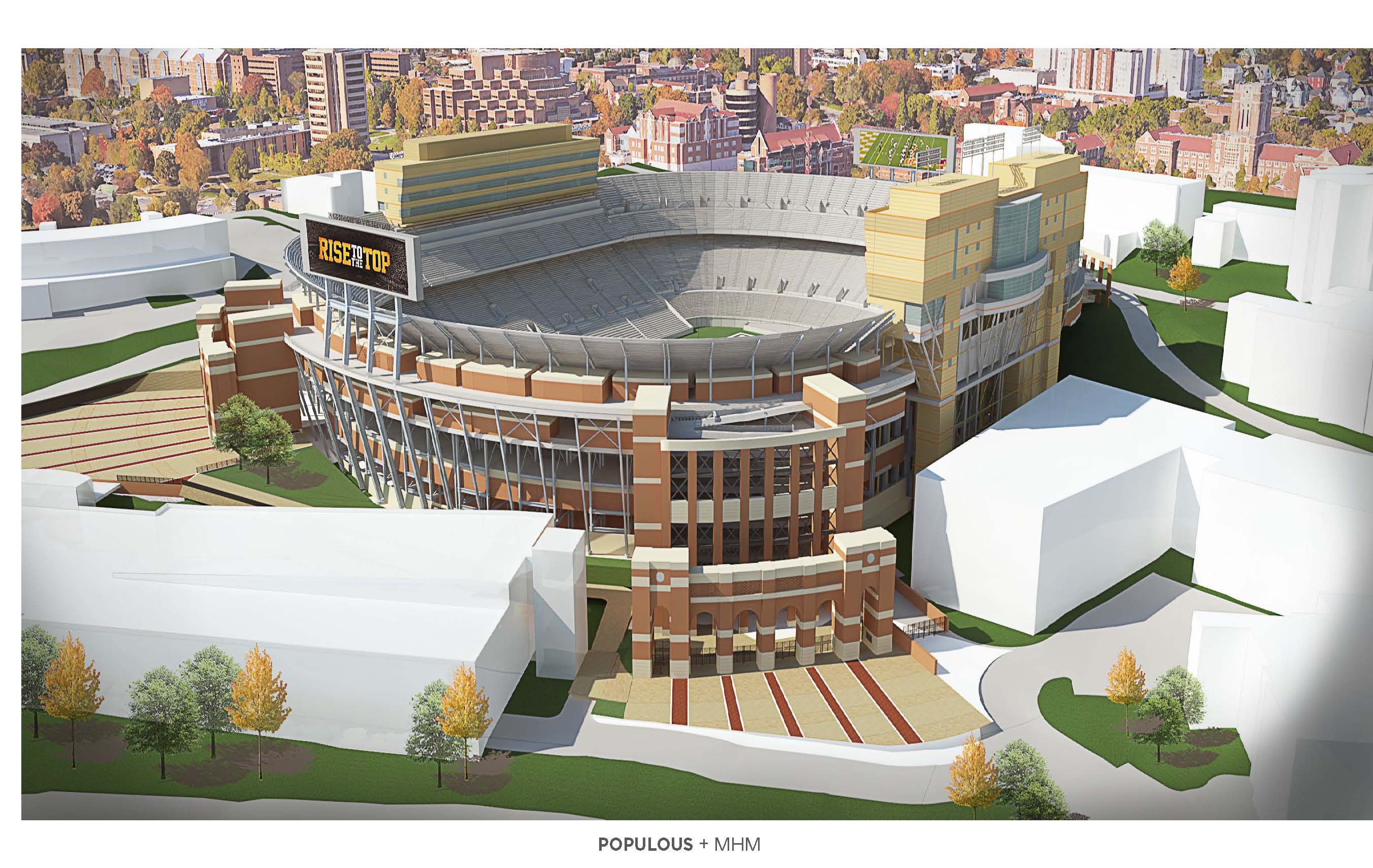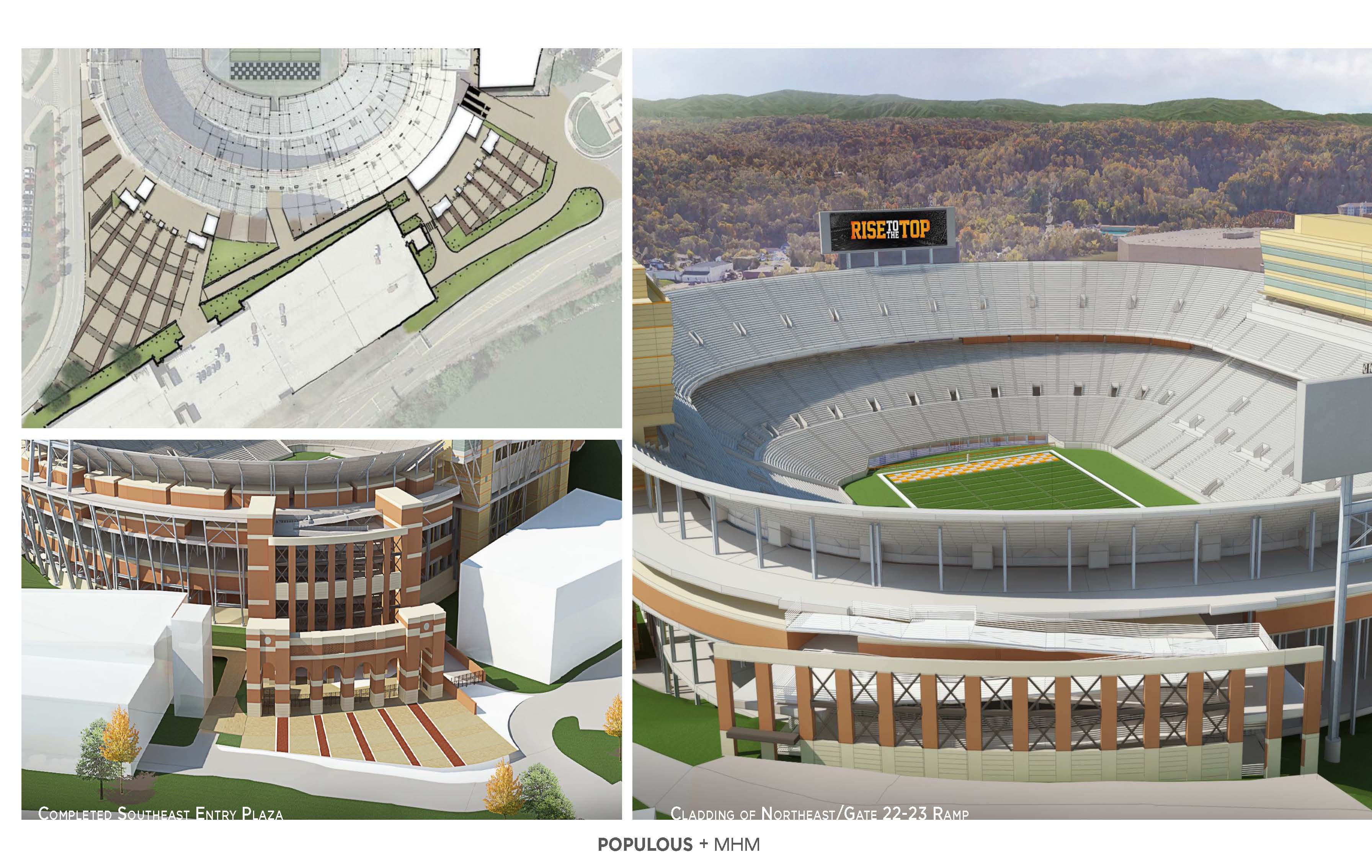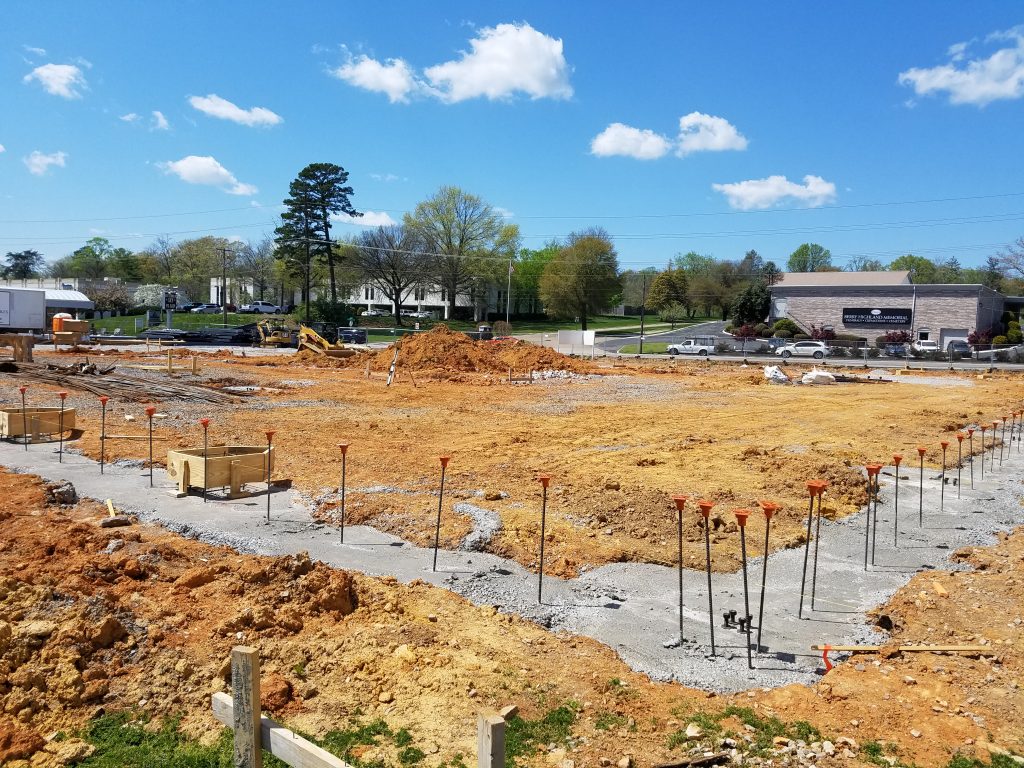The internet is a technology that has altered our society in many ways, and the civil engineering and land surveying professions are no different. There are many websites we routinely use when working on land development projects. Below are a few examples.
1. Knoxville Code of Ordinances : We use this website to get information on zoning and stormwater regulations for the City of Knoxville.
2. Knoxville-Knox County Metropolitan Planning Commission : This website has information on subdivision regulations, and zoning ordinances for both the City of Knoxville and Knox County.
3. City of Knoxville Engineering Department : This site contains links to various engineering divisions, the BMP Manual, the Land Development Manual, and KGIS mapping for the City of Knoxville.
4. Knox County Engineering Department : This site contains information for the Knox County Engineering Department, such as their stormwater manual and contact information.
5. TDEC Water Pollution Map : This Tennessee Department of Environment & Conservation (TDEC) website provides water quality information for streams and water bodies in the State.
6. USGS Map Locator & Downloader : You can find and download the most current or historic U.S. Geological Survey (USGS) maps, which includes roads, contours, streams, and other relevant mapping information.
7. OPUS : The National Geodetic Survey (NGS) provides an Online Positioning User Service (OPUS) for uploading GPS data and obtaining geodetic (latitude and longitude) or state plane coordinates.
These are just a few of the websites we routinely use to acquire civil engineering and land surveying data needed for our land development projects. If you have any questions about your project, please contact our LandTech staff.
For more information about us, and contact information, visit our website: http://landtechco.com/home.




